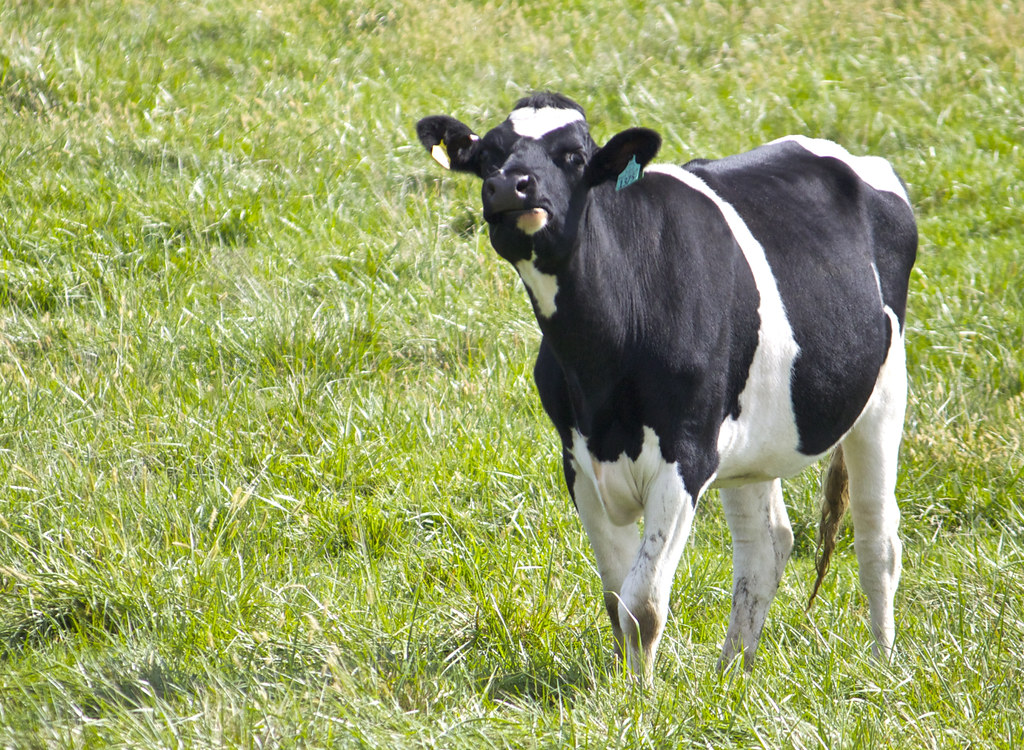Bovine spongiform encephalopathy (BSE), also known as mad cow disease, is a brain disorder found in adult cattle that can be passed to humans through diseased meat in a human form, a variant called Creutzfeldt-Jakob disease. There have only been 26 cases found in North America, only 6 of which were found in the United States from 2003 to 2018. More recently, however, there has been a 7th.
BSE is not a contagious disease, so it isn´t passed along by typical contact. The most common form of spreading is through contaminated feed, such as meals containing meat and bone from previously infected cattle.
The first diagnosis was in 1986 in the United Kingdom, where most cases have occurred. BSE usually takes its course within 2 weeks to 6 months without intervention and causes the deterioration of the animal’s condition until death.
The first cow diagnosed with BSE in 2003 was imported from Canada and was the first and only to be found with a classic case. The remaining cases all were atypical (H- or L-type).
Recently, in May of 2023, a cow at a South Carolina slaughterhouse was found to be exhibiting symptoms like incoordination, change in temperament, low milk production, etc. The cow was from a herd in Tennessee and was ultimately euthanized. The cow did not enter any slaughter channels, and this is believed to be an isolated incident.
In the rare case a human was to contract the disease, it would prove fatal. The human form of BSE is a variant called Creutzfeldt-Jakob disease, which rapidly destroys the brain and spinal cord. It also affects the muscles and your memory.
However, there is nothing to worry about, as it is very rare. According to the CDC, there have only been 4 confirmed deaths in the U.S., and they were believed to be caused by meat eaten outside of the country.
Students at Granda are showing concern over this recent diagnosis, one stating, “I’m concerned because I eat meat… and I don´t want that disease because what if I die.”
Despite the 2023 diagnosis, there is no need for concern. Cases worldwide have significantly declined in recent years, compared to the peak in 1992 of 37,280 cases. A lot of things about BSE are undetermined, and there is no vaccine or medicine to prevent it as of late.





























